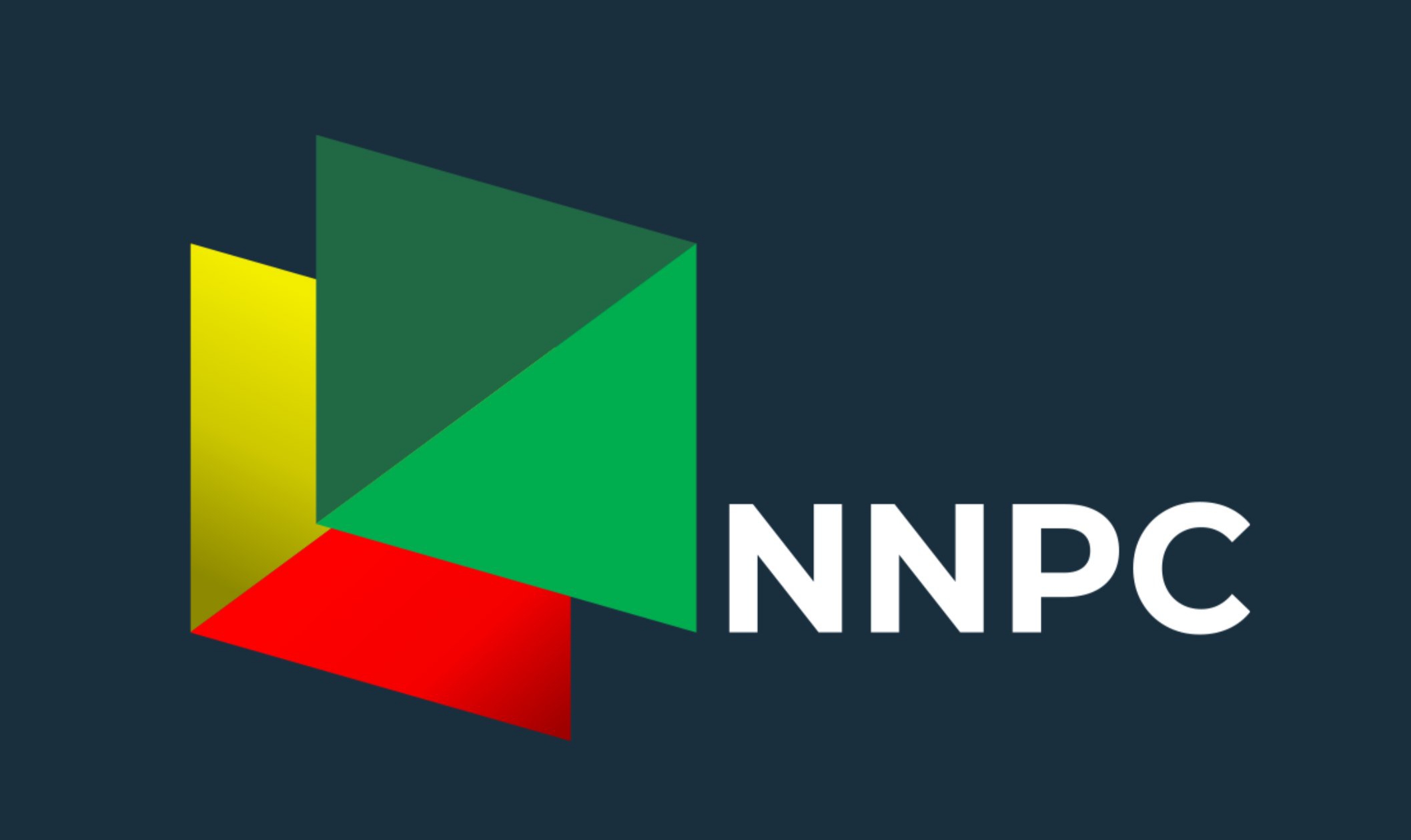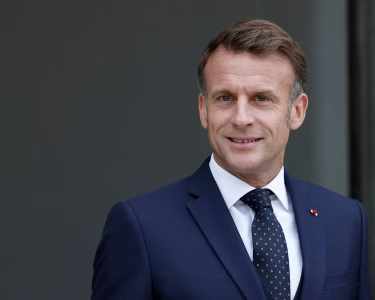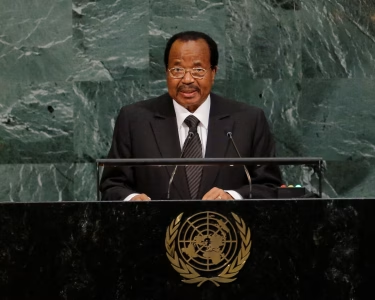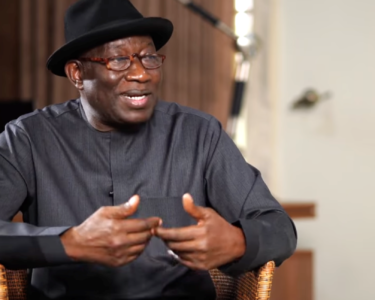NNPCL-OVH acquisition
Reps relaunch probe over asset, conflict concerns
Summary
- House committee rejects earlier report, citing lack of facts and oversight
- Probe to focus on $325m deal terms, alleged asset overstatement, and conflict of interest
- Ex-OVH executives now in NNPC Retail leadership raise transparency questions
- Committee also tackling broade downstream issues, refinery delays, and crude bottlenecks
Abuja, Nigeria — The House of Representatives Committee on Petroleum Resources (Downstream), chaired by Hon. Ikenga Imo Ugochinyere, has reopened investigations into the Nigerian National Petroleum Company Limited’s (NNPCL) $325 million acquisition of OVH Energy Marketing’s downstream assets in 2022, following the rejection of an earlier report that lawmakers deemed incomplete and lacking critical evidence.
Key focus areas of the renewed probe include discrepancies in asset ownership claims, such as OVH’s reported 380 filling stations, of which only 72 were said to be owned outright, and concerns that key infrastructure like LPG plants and warehouses were leased rather than owned.
Lawmakers are also scrutinising allegations of conflict of interest involving former OVH executives who allegedly acquired company assets via a new firm, Nueoil, before taking leadership roles at NNPC Retail. One such case is Huub Stokman, the former OVH Managing Director, now heading NNPC Retail.
The committee noted that the merger between NNPC Retail and OVH remains incomplete, raising further procedural and regulatory red flags. Hon. Ugochinyere pledged a transparent, forensic review to restore public trust, inviting input from industry stakeholders and civil society.
This renewed investigation also forms part of a broader effort to assess systemic issues in Nigeria’s downstream sector, including delays in refinery rehabilitation and crude supply challenges. The committee plans to convene a Downstream Petroleum Week in October 2025 to explore long-term policy reforms.
NNPCL had earlier defended the acquisition, citing increased market share and profits, but critics say those claims lacked documentary backing. The outcome of the ongoing inquiry is expected to influence the credibility of current reforms in Nigeria’s oil sector.







